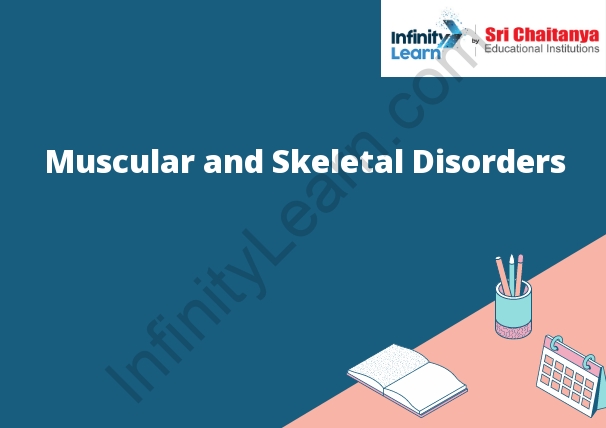Table of Contents
What is the Musculoskeletal System?
The human musculoskeletal system is a bodily system that consists of the muscles and bones. The bones provide a framework for the body, and the muscles attach to the bones to allow movement. The musculoskeletal system also protects the organs inside the body.

Muscular System Diseases
There are many diseases and conditions that can affect the muscles. Some of the most common diseases that affect the muscles are:
-Muscular Dystrophy
-Myasthenia Gravis
-Polymyositis
-Dermatomyositis
-Amyotrophic Lateral Sclerosis (ALS)
-Spinal Muscular Dystrophy (SMD)
Skeletal Muscle Diseases
There are many skeletal muscle diseases, which can be broadly divided into two categories: those that cause muscle weakness, and those that cause muscle pain.
Examples of diseases that cause muscle weakness include muscular dystrophy, myasthenia gravis, and polio. These diseases result in a loss of muscle function, which can make it difficult to move and perform everyday tasks.
Examples of diseases that cause muscle pain include fibromyalgia and polymyalgia rheumatica. These diseases are characterized by a widespread pain in the muscles, which can make it difficult to move and perform everyday tasks.







